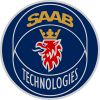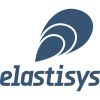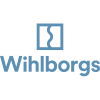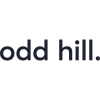Workshop
Proteins databases, data structures and representation in computational models
Protein design emerges as a new branch of human technology with the potential to disrupt multiple industries and accelerate the transition towards a sustainable economy. Recent breakthroughs in protein design have opened the field for larger participations; allowing startups, innovators and skilled individuals to design functional proteins with as little as a laptop/GPU.
The first protein design workshop will briefly introduce proteins from a structural perspective, and review available protein related resources. The second part of the workshop will focus on some of the common computational data structures, clustering and representation methods. At the end of the workshop participants could use a Colab notebook to fold proteins into their predicted structures
Tutor:
Amijai Saragovi - is a postdoctoral researcher in the Baker Lab, where he combines AI-powered protein design with experimental innovation to create functional protein-based nanomaterials. His work focuses on harnessing proteins to template semiconductor growth, offering a scalable and sustainable alternative for next-generation electronics. As he transitions to establish his research in Lund University, Saragovi envisions a future where biofabricated materials redefine energy-efficient computing, photonics, and quantum technologies—pushing biology beyond evolution to engineer entirely new functionalities.
Agenda:
17:30 – 17:45 – Meet & Greet
17:45 – 18:05 – The basics - what are proteins and what can they do for us
18:05 – 18:35 – Databases - how to find and retrieve protein data; structure,sequence and other
18:35 – 19:00 – Meet & Eat
19:00 – 19:20 – Data structure and clustering - Organization of protein structural data
19:20 – 19:50 – Representation - representing proteins in Machine-Learning (ML) models
19:50 – 20:30 – Folding proteins - open practice session using google Colab - folding sequence into structures
sponsored by:







